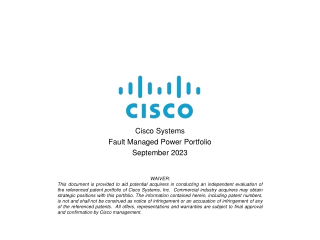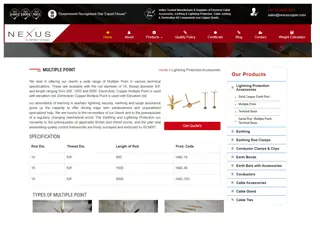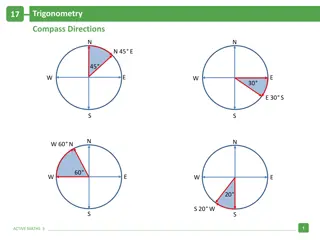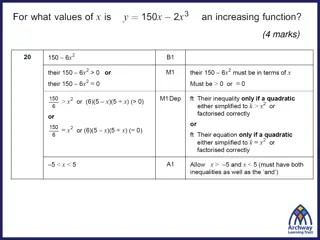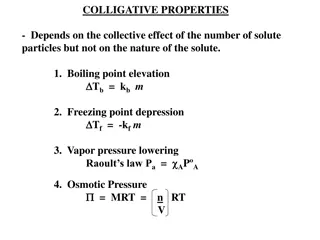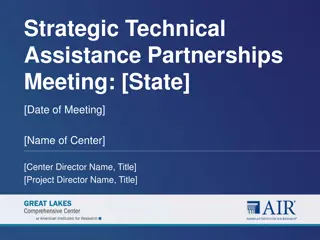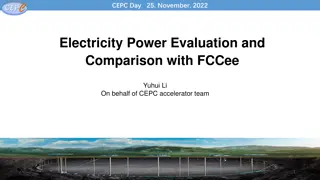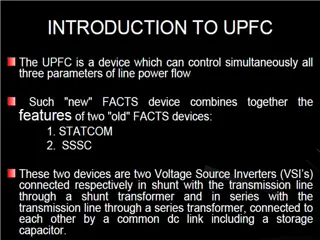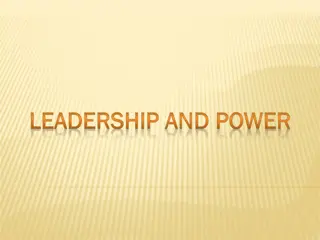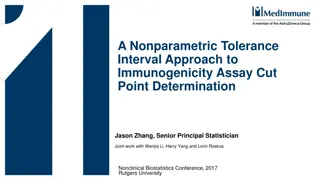
African Food Sovereignty: Key Concepts and Strategies
Explore the fundamental aspects of food sovereignty in Africa through discussions on its importance, principles, and strategies for achieving sustainability and social justice. Delve into topics such as the Nyeleni Declaration, guiding questions for readings, and the role individuals can play in supporting this vital cause.
Download Presentation

Please find below an Image/Link to download the presentation.
The content on the website is provided AS IS for your information and personal use only. It may not be sold, licensed, or shared on other websites without obtaining consent from the author. If you encounter any issues during the download, it is possible that the publisher has removed the file from their server.
You are allowed to download the files provided on this website for personal or commercial use, subject to the condition that they are used lawfully. All files are the property of their respective owners.
The content on the website is provided AS IS for your information and personal use only. It may not be sold, licensed, or shared on other websites without obtaining consent from the author.
E N D
Presentation Transcript
Introductions Introduce yourself Affiliation explain why you came today
Key Aspects of Food Sovereignty: Via Campesina Food-A basic Human Right Agrarian Reform for Food Sovereignty Food Sovereignty: Protecting Natural Resources Food Sovereignty: Reorganizing the Food Trade Food Sovereignty: Ending the Globalization of Hunger Social Peace: A Pre-requisite to Food Sovereignty Food Sovereignty: Democratic Control
Nyeleni Declaration 2007 Selingue, Mali Six Pillars of Food Sovereignty: 1. Focuses on Food for People 2. Values Food Providers 3. Localizes Food Systems 4. Puts Control Locally 5. Builds Knowledge and Skills 6. Works with Nature
Guiding Questions for Readings What is Food Sovereignty? How does each piece understand and frame the problem, solution, goal of farming? What are some of the key debates that found across the readings?
What does this mean for us? What might solidarity and support for African Food Sovereignty look like? What role might we play (depending on our different positions as students, African diaspora, faculty, researchers, community, activists)? What more do we need to learn before taking action?
For Next Meeting Focus: Situating Food Sovereignty in relation to Millenium Development Goals (2000) & Sustainable Development Goals (2015) Readings: MDGs: A Critique from the South (Samir Amin) 1. Linking the Urban to the Rural (Mahmood Mamdani) 2. Synthesis of MDGs and SDGs 3. Optional: Neoliberalism in Africa (Graham Harrison) 4.
Feedback One thing you liked/learned today One thing you would like to change or suggestion for future meetings is there a particular issue that you d like to work on in an affinity group?


